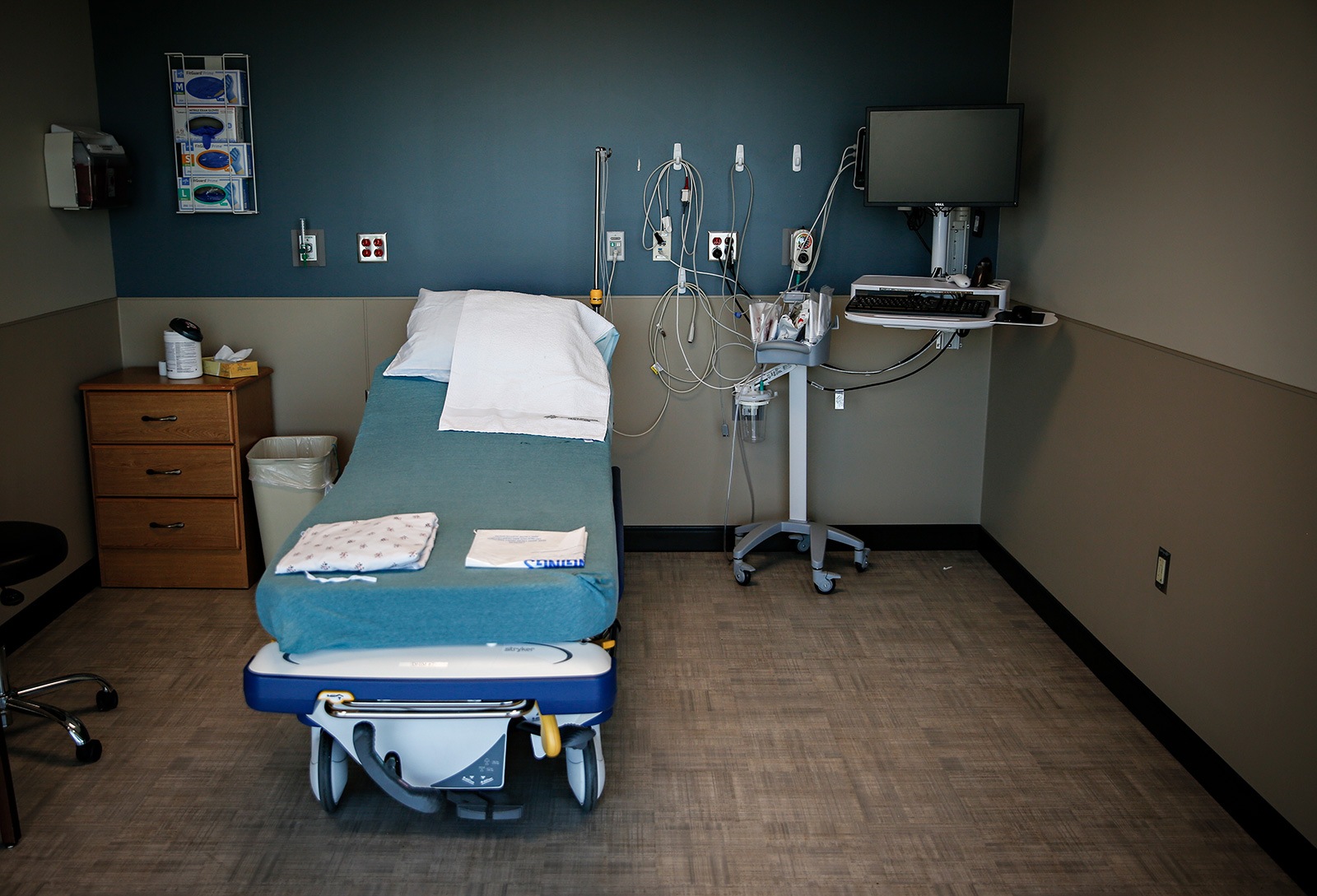Montana to Address Partially Tested Sexual Assault Evidence, Reexamine Cold Cases
A $2.1 million federal grant will allow the Montana Department of Justice to reexamine sexual assault evidence with updated technology, working to eliminate the state’s rape kit backlog
By Denali Sagner
Through a $2.1 million federal grant, the Montana Department of Justice (DOJ) will work to address the state’s repository of untested and partially tested sexual assault kits, helping law enforcement agencies investigate cold cases that have long gone unsolved.
“We will intensify our efforts in solving sexual assault cases and bringing justice to survivors with this new funding, bolstering our Sexual Assault Kit Initiative, employing specialized personnel to investigate crimes, and upgrading evidence storage around the state,” Attorney General Austin Knudsen said in an Oct. 3 press release. “Ensuring that perpetrators are held accountable and survivors can find healing is a top priority as we work to eliminate the rape kit backlog and reinforce our statewide strategy against sexual assault.”
This is the fourth grant awarded to DOJ by the National Sexual Assault Kit Initiative (SAKI), a federal Bureau of Justice Assistance program that seeks to “help jurisdictions implement best practices and comprehensive reform to help bring perpetrators to justice and increase safety in communities by preventing future sexual assaults.” Montana is one of eight states nationally to receive SAKI funding through the competitive grant process this year.
With the latest round of SAKI funding, DOJ will identify and analyze partially tested sexual assault kits, complete testing initiatives from prior SAKI projects and assist in the renovation of existing law enforcement agencies’ evidence storage facilities. The grant will provide continued funding for two positions at DOJ — a crime analyst and a coordinator — and will create a new cold case investigator position in the department.
After a sexual assault, survivors often undergo a sexual assault forensic exam, or a “rape kit,” during which critical evidence is collected. After an exam is provided by a sexual assault nurse examiner (SANE), the evidence is collected by local law enforcement who then send it to the state crime lab for testing.
Despite what is theoretically a streamlined process of collecting and analyzing evidence, many sexual assault kits go untested for years, collecting dust in evidence lockers. In 2022, at least 25,000 untested sexual assault kits sat in law enforcement agencies and crime labs across the country, according to data from 30 states and Washington, D.C. The full picture of the testing backlog is unclear, given a lack of accurate data.
Through the SAKI program and bills passed by the state legislature, however, Montana has made considerable strides in testing its backlogged kits and tying up loose ends on unsolved crimes.
“Through those three grants and the work that’s been done to inventory kits statewide, along with a bill in the 2019 Legislature that requires from Oct. 1, 2019 forward that all kits are tested, we have successfully identified all the untested kits in Montana,” DOJ Special Services Bureau Chief Dana Toole said.
A round of SAKI funding received by DOJ in 2020 has allowed the department to identify 350 untested kits in Montana, which are scheduled to be shipped to the lab for testing now. Once the 350 kits are analyzed, Toole said, there should be no untested kits in the state of Montana.
“It really helps us out a lot,” Kalispell Police Department Detective Sgt. Karen Webster said of SAKI. “They’ve helped us by basically test all of our kits.”
Toole and DOJ’s current work builds off of efforts by the state to rectify decades poor policies around sexual assault kit testing in recent years.
Former Montana Attorney General Tim Fox in 2015 launched a nine-member Sexual Assault Evidence Task Force in response to criticisms from the federal Justice Department about Montana’s handling of sex crimes.
In 2016, DOJ received its first SAKI grant, which was used to inventory, track and test sexual assault kits, as well as to fund research into determining why sexual assault kits were not being tested, and to establish policies to prevent a future backlog. That year, DOJ reported 1,410 untested kits sitting in evidence lockers throughout the state.
Gov. Steve Bullock in 2019 signed Senate Bill 52, which added tracking to sexual assault kits, required law enforcement to retrieve kits from medical facilities within five days of evidence collection and mandated all kits be submitted to the crime lab for testing within 30 days.

As the state prepares to analyze the last of its untested kits, DOJ is planning to use the latest round of SAKI funding to reexamine a number of kits that were only partially tested at the time of the crime.
Many partially tested kits were examined by crime labs years ago without the level of DNA analysis available to DOJ now. Toole said the process of finding such kits can be convoluted, as older kits were likely not tracked in computer databases. An investigator may follow a paper trail of a partially tested kit from the 1970’s, only to find it no longer sitting on the right shelf.
Though a complicated process, Toole said reexamining partially tested kits is critical in solving cold cases and detecting repeat offenders.
“We may identify serial offenders. Getting that DNA updated in the older kits may actually help us identify perpetrators who may still be in our communities,” she said.
Webster said that while it is rare for the Kalispell Police Department to look into cold cases, the funding from SAKI is “very helpful to us in reopening investigations and giving us leads on subjects.”
The recent SAKI funding will work in tandem with two bills passed by the state Legislature that seek to better the state’s sexual assault investigation process.
House Bill 79, introduced by Rep. Amy Regier, R-Kalispell, created a sexual assault response network program within DOJ and a Sexual Assault Response Exam Committee. Both bodies will be tasked with increasing access to sexual assault nurse examiners, specifically in Montana’s rural areas, where healthcare resources can be sparse.
House Bill 640, introduced by Rep. Narrah Hastings, R-Billings, requires sexual assault evidence to be preserved for 75 years from the date of collection.